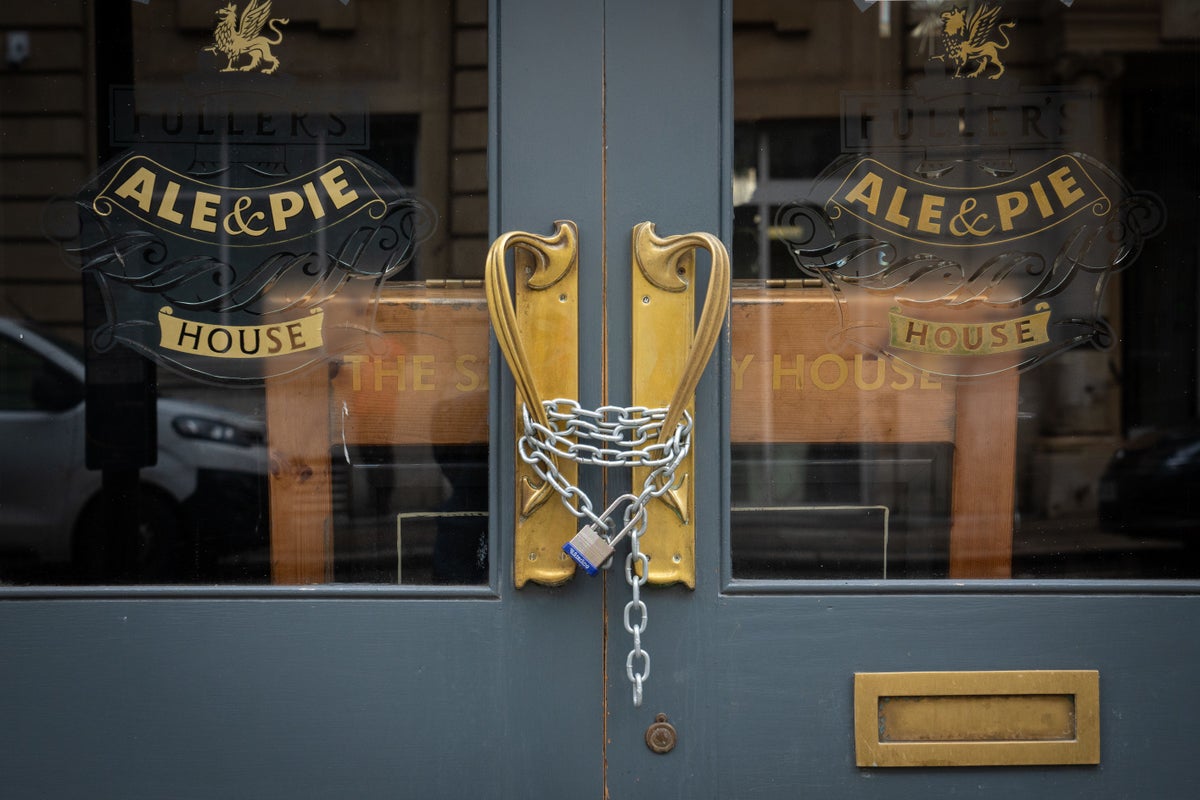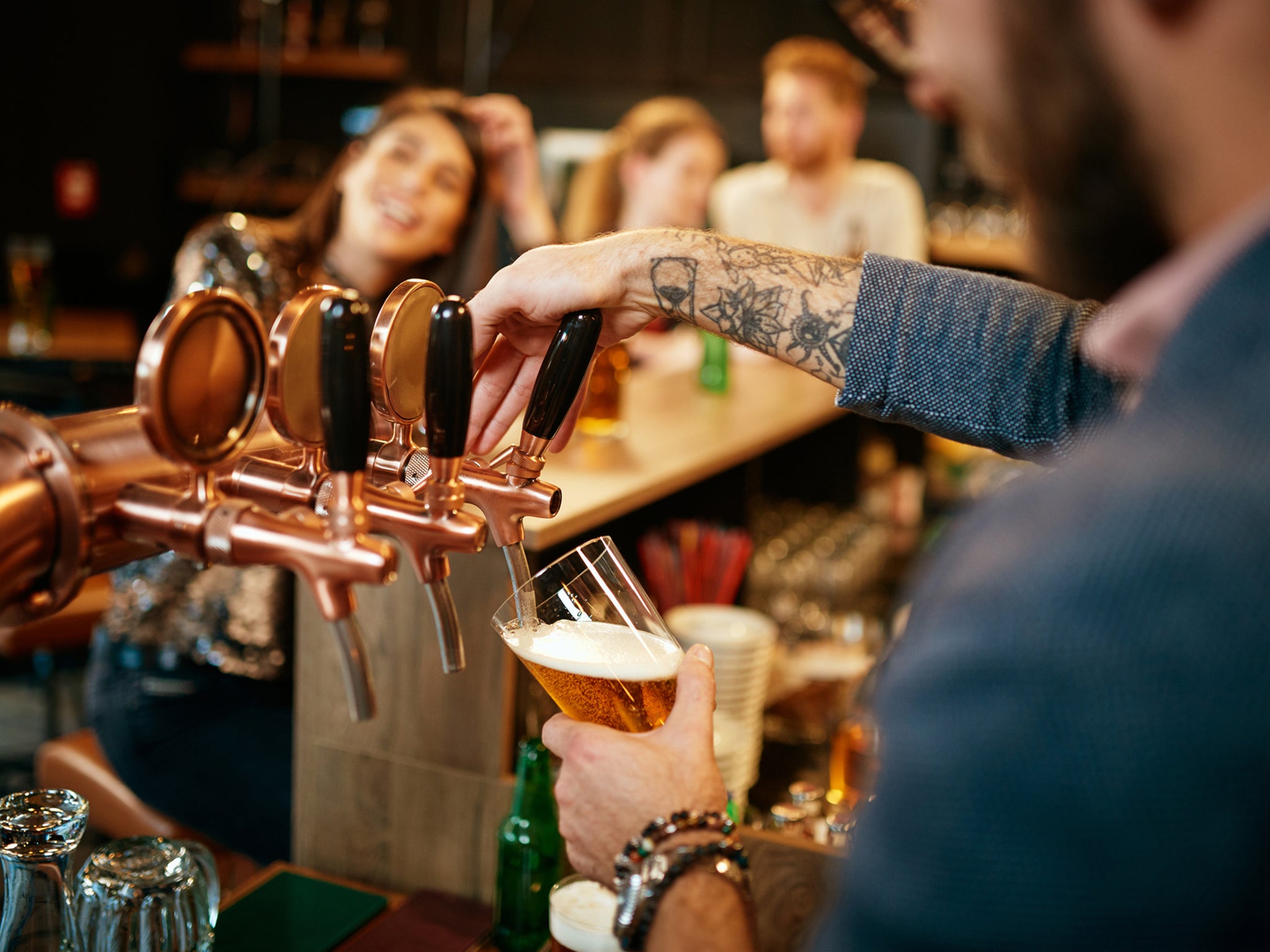
Pubs and restaurants are being forced to consider reducing opening hours to weather a “perfect storm” of soaring bills and cash-strapped customers cutting their spending this year.
The hospitality sector is expected to continue struggling after facing a barrage of challenges in 2022 including soaring energy bills, staff shortages and rising inflation. And rail strikes during peak periods have reportedly already cost the industry at least £1.5bn in December.
UKHospitality chief executive Kate Nicholls said: “Hospitality businesses are facing an ever-growing list of challenges, whether that is soaring energy costs, continued staffing challenges, dampening consumer confidence, or the ongoing impact of rail strikes.
“All of these together create a winter challenge like no other, where a third of our members felt their survival was at risk.
Ms Nicolls said that concerned businesses were already facing a quieter time of year and some are mulling cutting capacity by 20 per cent in order to survive the perfect storm of challenges.

“Businesses are doing all they can to stay afloat and for some, that means taking hard decisions to reduce trading hours, close more often, or even completely shut for the winter. This isn’t good for business or consumers, but many have no choice,” she said.
“The government’s energy support scheme had been a lifeline for many hospitality businesses whose bills would have gone up more than threefold had it not been in place.
“It’s vital that this support is extended, with particular consideration for vulnerable sectors like hospitality, and that the government also tackles long-term, structural issues like business rates reform, which it committed to doing in its manifesto.”
“The fear is that people will tighten their belts quite considerably. That’s when the cost of living will bite. And you’ll see customers not going out as frequently,” she added toThe Guardian.
Ms Nicholls said that the first quarter would be “tough” for pubs and restaurants this year as one in four customers indicated that they would be tightening their belts by limiting how much they frequent pubs and restaurants this year, according to an industry survey.
She added: “What we’re hearing is that around half of our members are restricting their opening hours, their capacity, the days of the weeks that they are opening, driven primarily by staff shortages being exacerbated by energy and the need to make sure that they can be as profitable as they possibly can.
“We’re hearing lots of people talking about curbing their capacity by about 20 per cent, just simply to be able to match supply and demand.
“And we have seen in rural and tourist locations, quite a few businesses going dark over the winter months as they used to do in old-fashioned tourism times, seasonality, again, just to try to conserve cash and then reopen when the trade comes back.”
Crucially, the government’s delayed announcement for further support for businesses in paying their energy bills was not made before Christmas, which Ms Nicholls said made planning “difficult”.
This support, Ms Nicholls said, could “could be the difference between surviving and not for so many businesses. So we need that to come as early as practically possible”.
Reports that the government intends to halve financial support on energy bills when the current business aid scheme ends in March could bring further pressures, as withdrawal of support would coincide with the financial year-end and the March rent quarter.
Chancellor Jeremy Hunt will extend the support programme by 12 months, but will end the scheme amid concerns about the unpredictable cost of gas and oil prices which could also hurt the taxpayer, the Times reported.
However, Ms Nicholls said that “we’ve got some cautious green shoots of optimism at the moment”.
She said that the government appeared to have “stabilised the ship”, and that it is possible that inflation and interest rates have already peaked.
“I think if we get to the new year and the signs start to be positive around the economy, we know that there is a lot of demand.”







